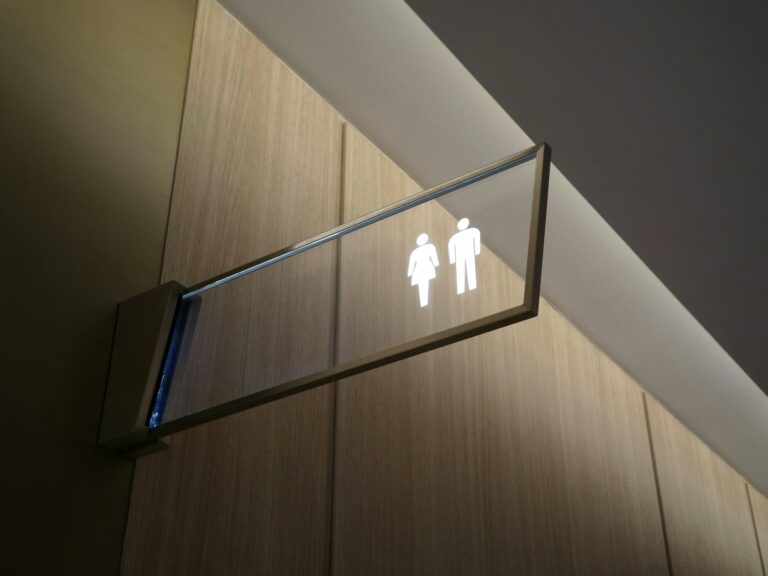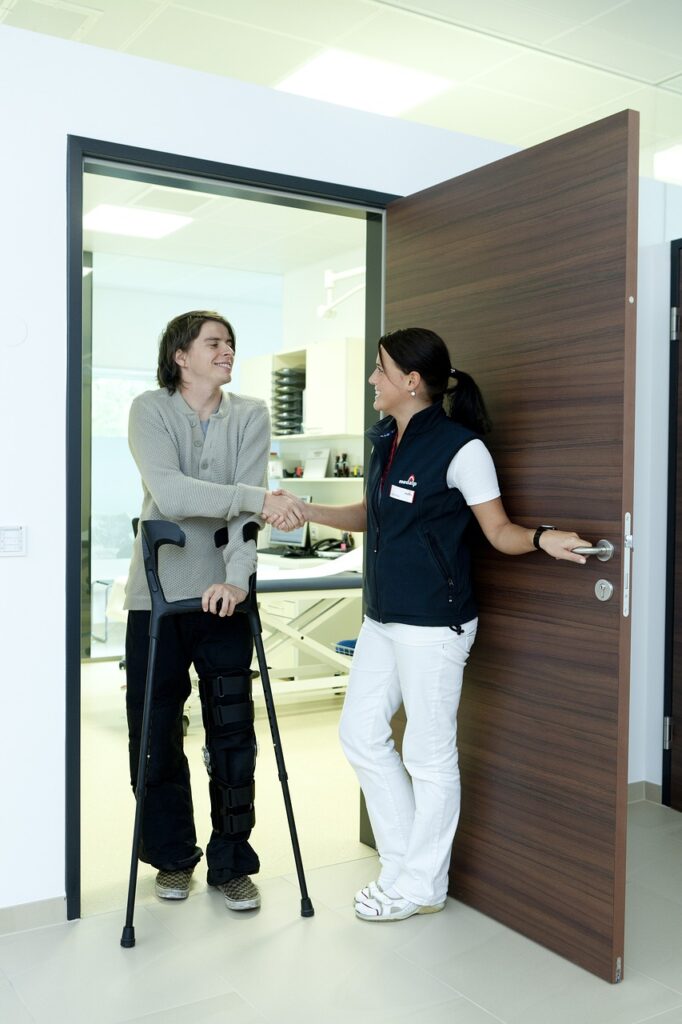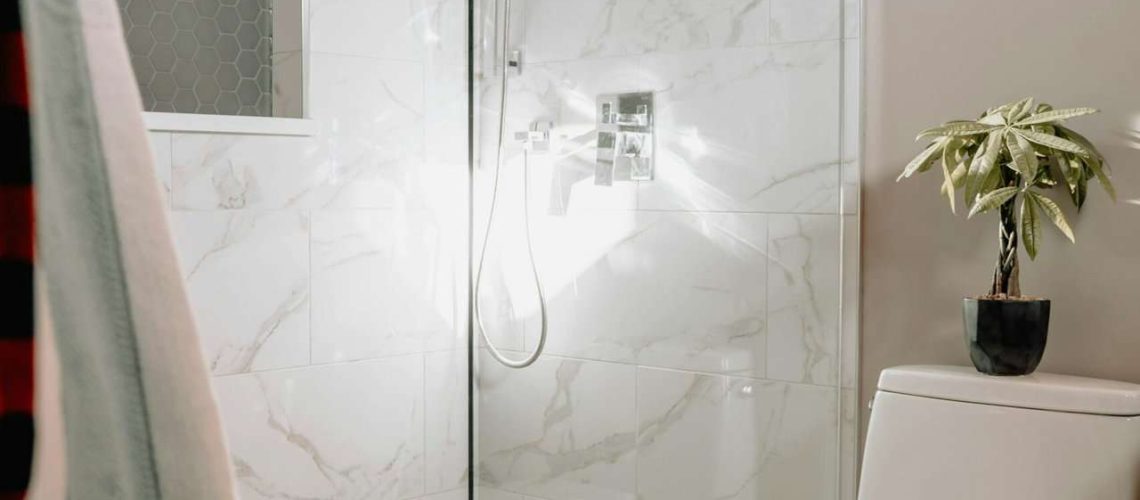If you’re struggling with urinary incontinence, you’re not alone. It’s a common issue that affects millions of people worldwide. At Ridgeline Aesthetics in Idaho Falls, we understand how this condition can impact your quality of life. Our mission is to provide effective solutions and compassionate care to help you regain control. Let’s discuss what functional urinary incontinence is, how it differs from other types, and how our innovative treatments can make a difference.
What Is Urinary Incontinence?
Urinary incontinence is the loss of bladder control, which leads to accidental loss of urine or leakage. This may be a temporary condition for some, but others may experience symptoms chronically. The reason leakage occurs is different among patients. Other symptoms occur along side leakage change as well. So, we need to know the different types of urinary incontinence. Remember millions of people have a similar struggle, do not be embarrassed.
Types Of Urinary Incontinence

We will discuss functional incontinence more in depth, but first we should review the other types of urinary incontinence to make sure you understand your symptoms confidently.
Urgency Incontinence- This is a strong and rapid desire to urinate, however, urine leaks on the way to a restroom. A common, but reversible cause for urgency incontinence is an overactive bladder abbreviated as “OAB”. An overactive bladder could be associated with reversible causes as underlying issues may be weak pelvic floor muscles, heavier bodyweights, and communication breakdowns due to nerve damage.
Reflex incontinence- Is a sub category of urge incontinence where bladder nerves do not “talk” to the brain correctly. This could occur from multiple sclerosis or a spinal cord injury that causes impaired cognition.
Overflow Incontinence- This is when a patient is unable to empty their bladder fully. Overflow incontinence is less often characterized by needing to reach a bathroom quickly and more so the constant feeling of a full bladder. This type of incontinence is common older adults, especially older men. Men with benign prostatic hyperplasia (an enlarged prostate) may experience this.
Stress Incontinence- The main symptom associated with stress incontinence is urine leakage from activities that put stress on the bladder. This ranges from lifting heavy objects to simple every day bodily functions like sneezing. This occurs because of weak pelvic floor muscles. Women who have gone through childbirth are more likely to suffer from a weak pelvic floor. Additionally, men who have undergone prostate surgery are more likely to experience stress incontinence.
Mixed Incontinence- This is accidental loss of urine due to a combination of urge and stress incontinence. Patients experiencing a mix of symptoms may need to keep a bladder diary and record the most common issues.
Functional Incontinence
Functions incontinence is a type of urinary incontinence that occurs not because of an underlying medical condition affecting the bladder or urinary tract, but rather due to physical or cognitive limitations that make it difficult for an individual to reach the bathroom in time. This form of incontinence can result from a variety of factors including decreased mobility, other physical barriers like arthritis, neurological disorders, or cognitive impairments.
Key characteristics include:
Physical Limitations: Difficulty in moving quickly to the bathroom, possibly due to disability or severe joint pain
Cognitive Impairment: Problems related to memory or awareness that prevent the recognition of the need to use the bathroom
Environmental Factors: Situations where the bathroom is not easily accessible, or there are barriers that make it hard to reach the facility
Overcome Functional Incontinence
Overcoming functional urinary incontinence requires a comprehensive approach that addresses the underlying cause and severity of the condition. Behavioral therapies, lifestyle modifications, and medical treatments can help individuals with functional incontinence. Patient education and support are vital for managing urinary incontinence and improving quality of life.
At Ridgeline Aesthetics, we approach urinary incontinence with a holistic view, focusing not only on the physical aspects but also considering the environmental and cognitive factors involved. Here’s how we can help:
Personalized Prognosis
Our first step is to conduct a comprehensive assessment to understand your specific challenges. We take into account any mobility issues, cognitive impairments, and environmental barriers that may be contributing to your incontinence.
Diagnosis of urinary incontinence typically involves a physical examination, medical history, and urinalysis.
Treatment Plans
Based on our assessment, we create a personalized treatment plan. This will start with Lifestyle modifications
Lifestyle Approach:
Dietary changes, such as avoiding bladder irritants, can help manage urinary tract health
Exercise or physical therapy, such as pelvic floor exercises, can help strengthen bladder muscles, pelvic muscles, and improve continence
Quitting smoking and reducing caffeine intake can also help reduce the risk of urinary incontinence
Managing chronic conditions, such as diabetes and high blood pressure, can also help reduce the risk of urinary incontinence
Behavioral Therapies:
Recommendations for making your living space more accessible and bathroom visits more manageable
Bladder training involves gradually increasing the time between trips to the bathroom to improve bladder control
Prompted voiding involves using a schedule to remind individuals to urinate at regular intervals

Medical Treatment
Assistive devices or tools that aid in mobility and make bathroom access easier
Biofeedback therapy can help individuals become more aware of their bladder function and improve bladder control
Absorbent products, like an adult diaper, a protective pads, or a condom catheter can help manage urine leakage
Consultations with Specialists: Access to a network of experts who can offer additional support and recommendations
Medications, such as anticholinergics and alpha-blockers, can help manage urinary incontinence
Ongoing Support
Managing functional urinary incontinence is an ongoing process. At Ridgeline Aesthetics, we provide continuous support and follow-up care to ensure your treatment plan remains effective and that any adjustments are made as needed.
We’re committed to offering compassionate, patient-centered care. Our team of professionals is dedicated to helping you manage urinary incontinence effectively and improve your overall quality of life. With our expertise and innovative solutions, we’re here to support you every step of the way.
Don't Delay
Urinary incontinence can lead to complications, such as skin irritation and a urinary tract infection. Untreated urinary incontinence can also lead to emotional distress and social isolation.
Individuals with urinary incontinence should be educated on the importance of medication adherence and proper use of medications. Patients should also know the lifestyle modifications, such as dietary changes and exercise, which can also help manage urinary tract health.
If you or a loved one is struggling with functional urinary incontinence do not let it become chronic urinary incontinence, contact Ridgeline Aesthetics in Idaho Falls now. Let us help you navigate this challenge with confidence and ease.


